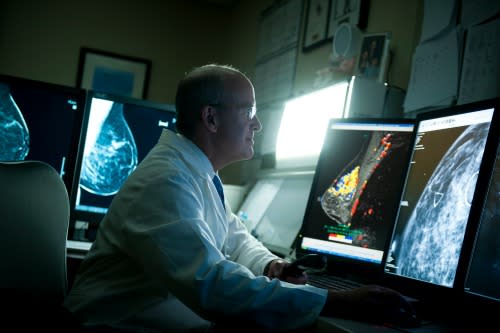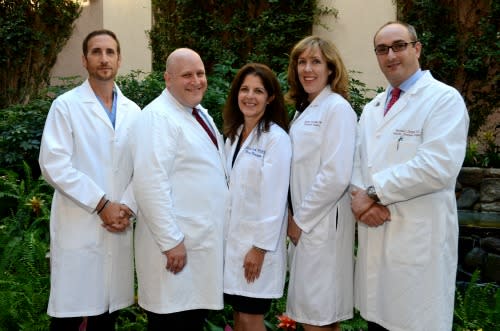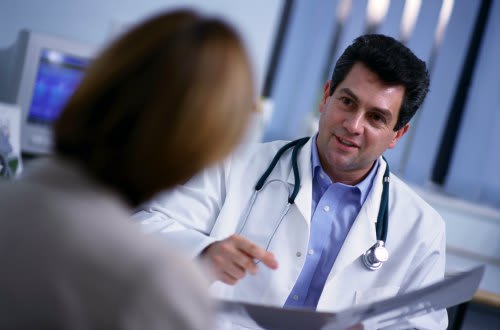8 Myths About Breast Cancer, Totally Debunked
Published: October 09, 2017l
David Gruen, MD, MBA, Director of Women’s Imaging & Co-Director, Breast Center and Helen Pass, MD, Director of Breast Surgery and Co-Director, Breast Center
Book Your 3D Mammogram Today
For more information and to schedule an appointment, click below.
Book Appointment
When it comes to breast cancer, there's fact and then there's fiction. In this day and age, we acknowledge it's not always easy to determine what's accurate and what's not.
Here are 7 myths about breast cancer that will help clarify any confusion.
1. Do deodorant/aluminum antiperspirants or underwire bras cause breast cancer?
While speculation and half-developed studies can lead to beliefs like this, there’s no conclusive, scientific evidence that proves this to be true. If you don’t like the idea of aluminum compounds temporarily blocking your sweat ducts, then by all means, look into aluminum-free deodorant without the antiperspirant element. If you prefer a more comfortable bra, then investigate other styles. But neither of these products lead to breast cancer.
2. Do you need a mammogram if you don’t have any family history of breast cancer?
This is often a major excuse to avoid getting your yearly breast screening. We urge you, remove this thought from your head. It couldn’t be further from the truth. The truth is this: More than 3 out of every 4 women diagnosed (75-85%) have no family history or known risk factors. So even if there is no history of breast cancer in your family, you are still at risk! Remember, an average American woman has a 1 in 8 lifetime risk of developing breast cancer. This is all the more reason to get a mammogram. More on this here.
3. I do regular self-checks and never feel anything. I’m cancer-free.
Yes, you should always do self-checks as a precaution. But when you turn 40, you need to add a mammogram to the mix. The benefit of getting a mammogram is that a cancer can be found when it's too small to be felt. The risk of breast cancer increases significantly at 40 and only continues to rise as you get older. Don’t neglect your yearly mammograms if you have breast pain or other early signs of breast cancer.
4. Wait- I feel a lump. Now I’m scared…
On the flip-side, most lumps turn out to be benign. However, you should never dismiss a lump or any change in your breast tissue. See your physician as soon as you can; he or she may very well order a breast ultrasound or other tests to determine what, if any, next steps you should take. First and foremost, don’t panic.
5. Can men get breast cancer?
Oftentimes, men and their doctors don't think to do a breast self-check or any type of further examination. Why? The actual risk of a man getting breast is about 1 in 1,000 compared to 1 in 8 for women. However, men with a significant family history of breast and/or ovarian cancer should be more vigilant. Here’s why.
6. It's unsafe to get a mammogram while breastfeeding.
You will not become radioactive from a mammogram and it's completely safe for baby to feed. It is important, however, to let your radiologist know that you’re breastfeeding since there’s a possibility of the imaging being more complex.
7. Can radiation from mammograms cause breast cancer?
Now, for the long-standing belief that mammograms cause cancer. In short, they don’t. There’s a reason the mammogram has been and continues to be the “gold standard” in breast cancer detection and prevention: they save lives. So unless you are pregnant, if you are over forty, you should have a mammogram every year.
8. I’m BRCA positive- I’m in trouble.
If you're BRCA positive, don't panic! Even though carrying this mutation puts you at higher risk, not every woman who has it develops breast or ovarian cancer. Those with BRCA1 and BRCA2 mutations can work with their physician to guide their medical care, and ensure that they are being proactive in cancer risk management. Many resources are available those with BRCA1 or BRCA2 mutations. More on what to do if you're BRCA positive.
Remember, you’re never alone. At Stamford Health’s Breast Center, we care for you and keep you informed every step of the way, from screening and diagnosis, to treatment and survivorship. See all the support services we offer.
Source Cited:
http://www.nationalbreastcancer.org/breast-cancer-myths
Featured Expert/ Author



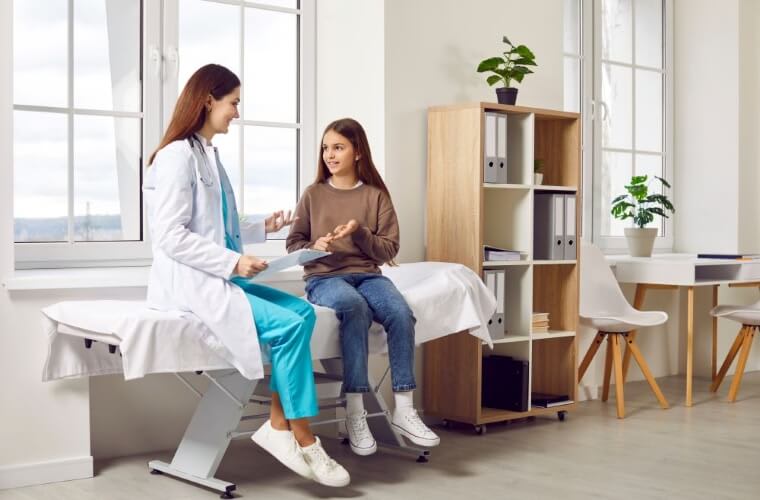
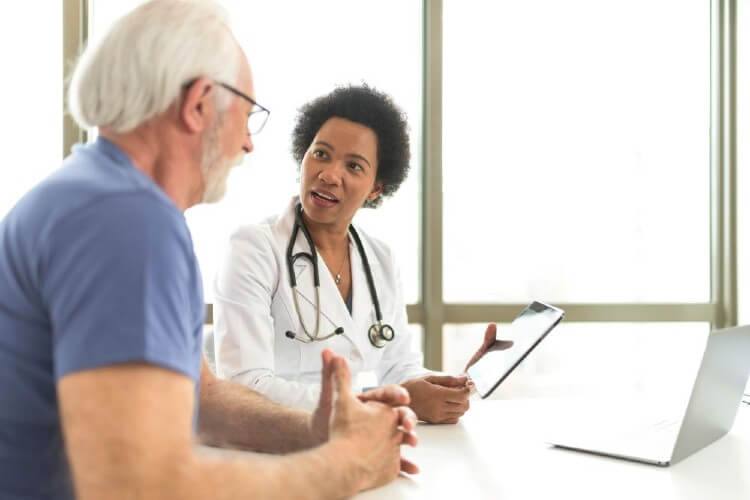
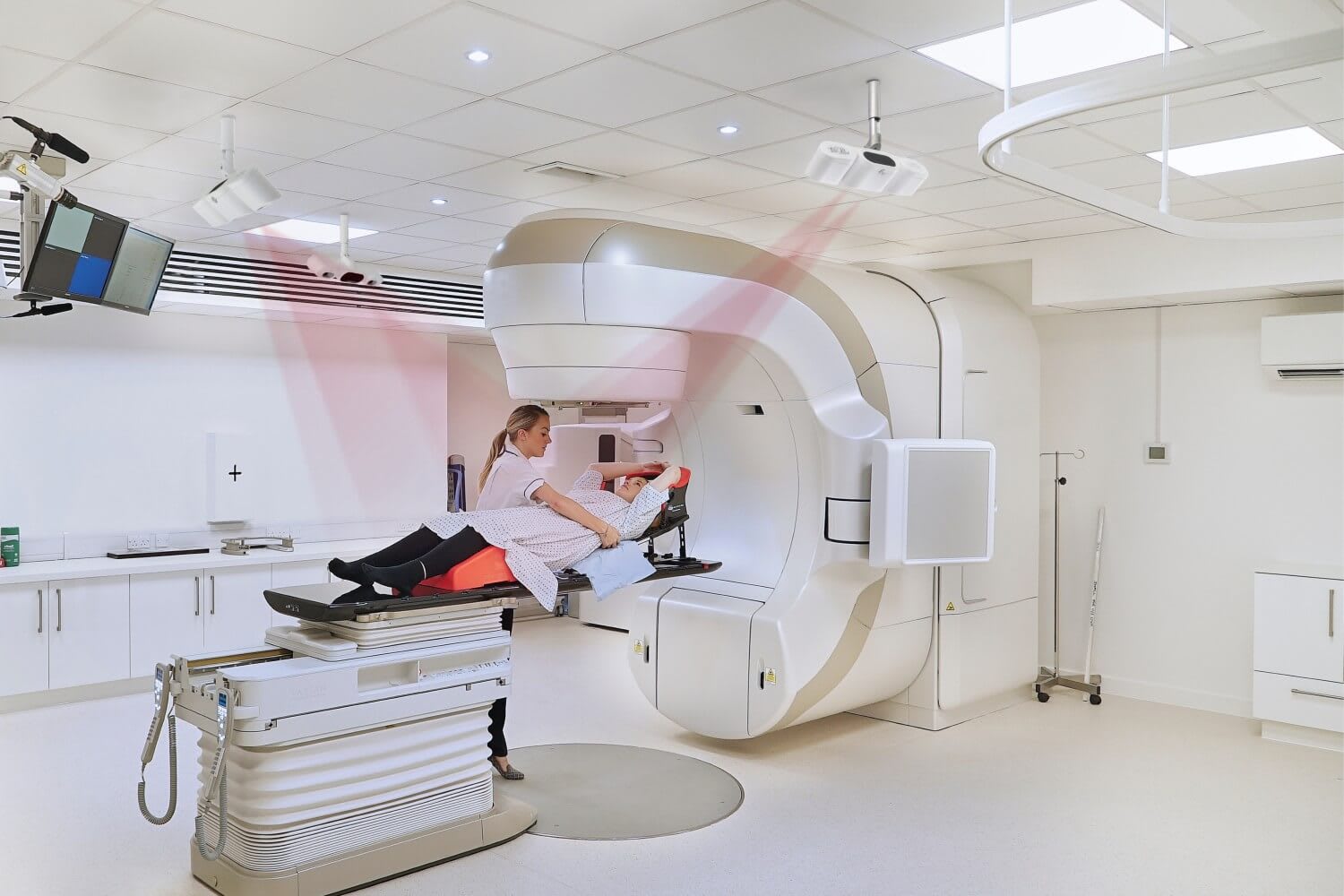
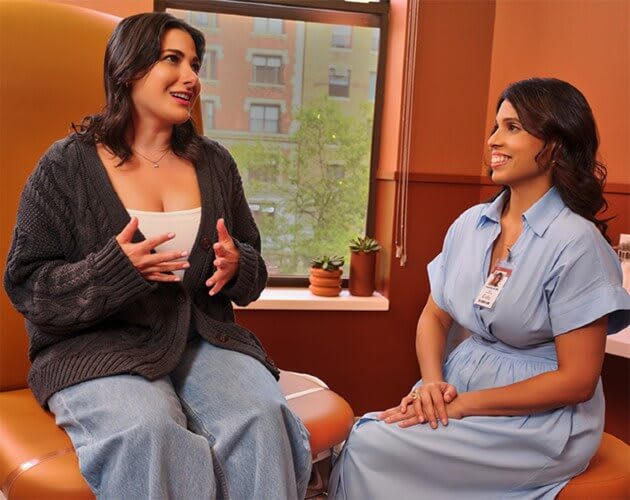

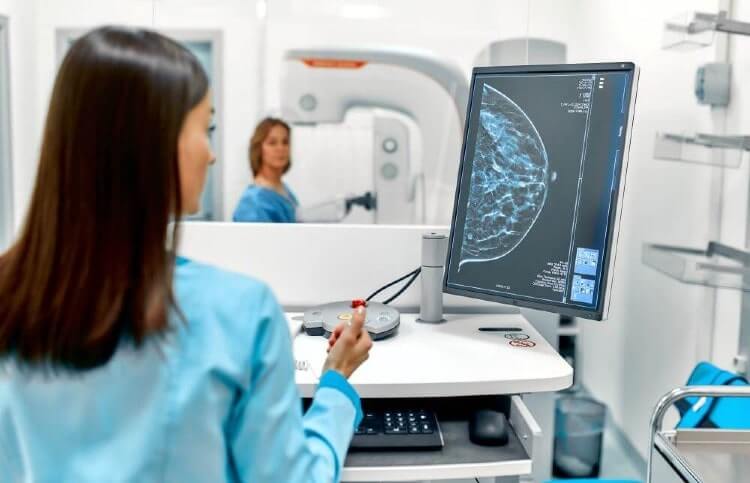

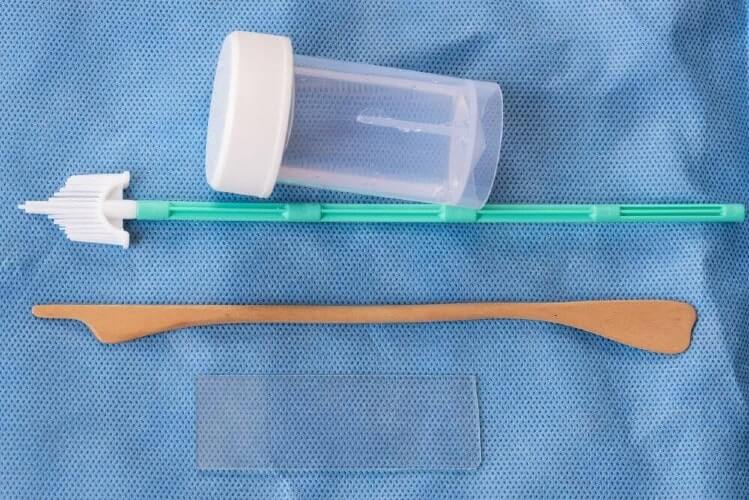




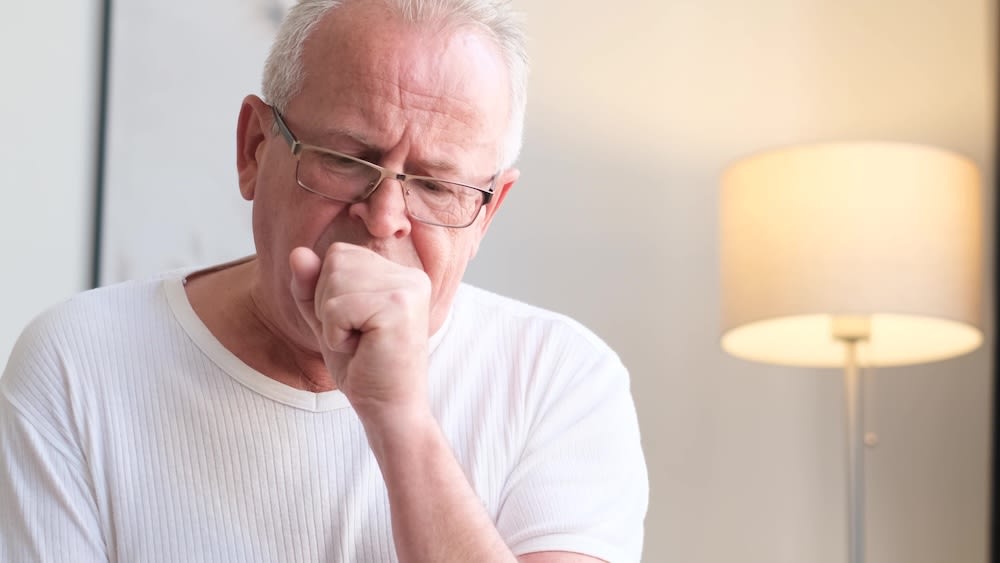

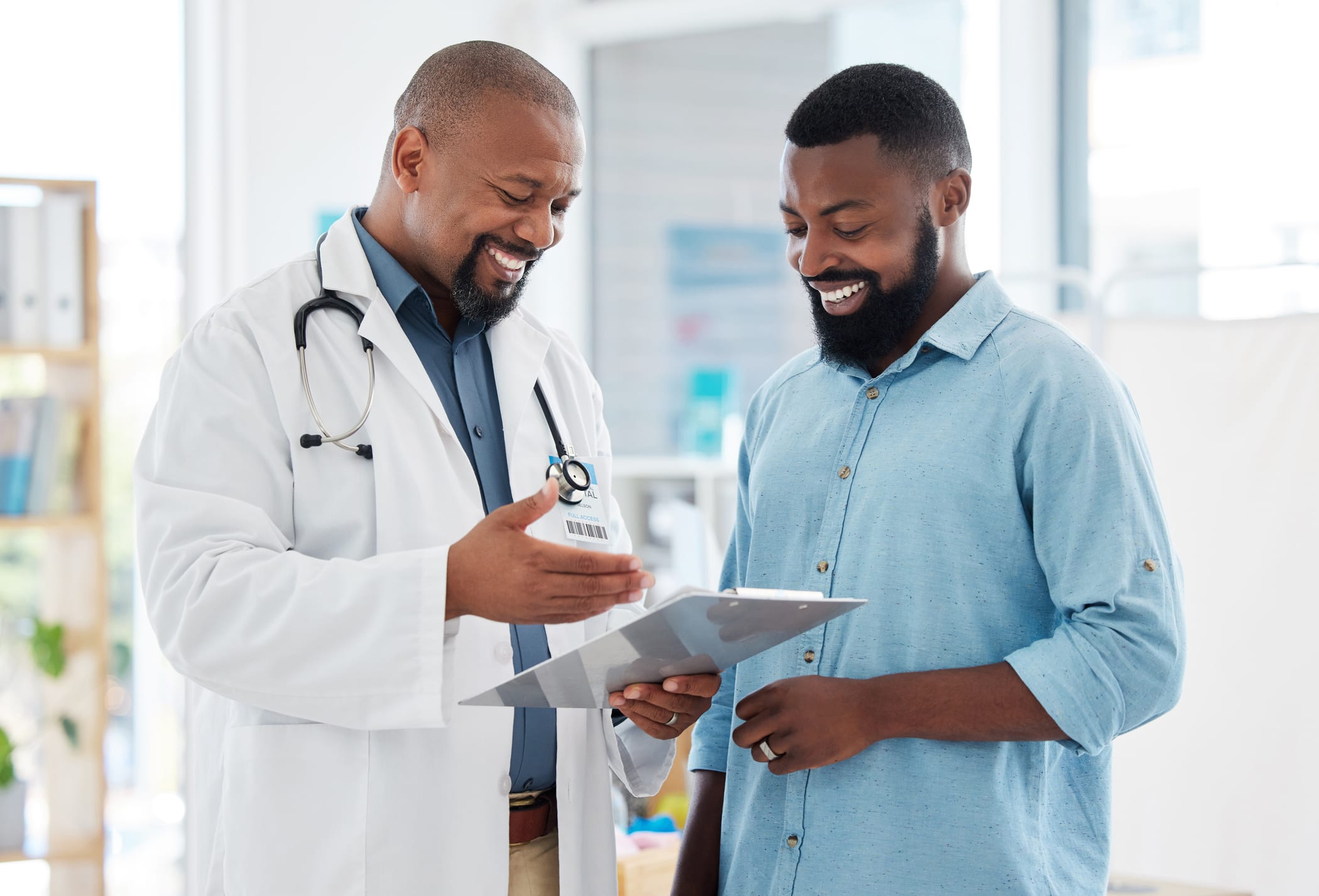


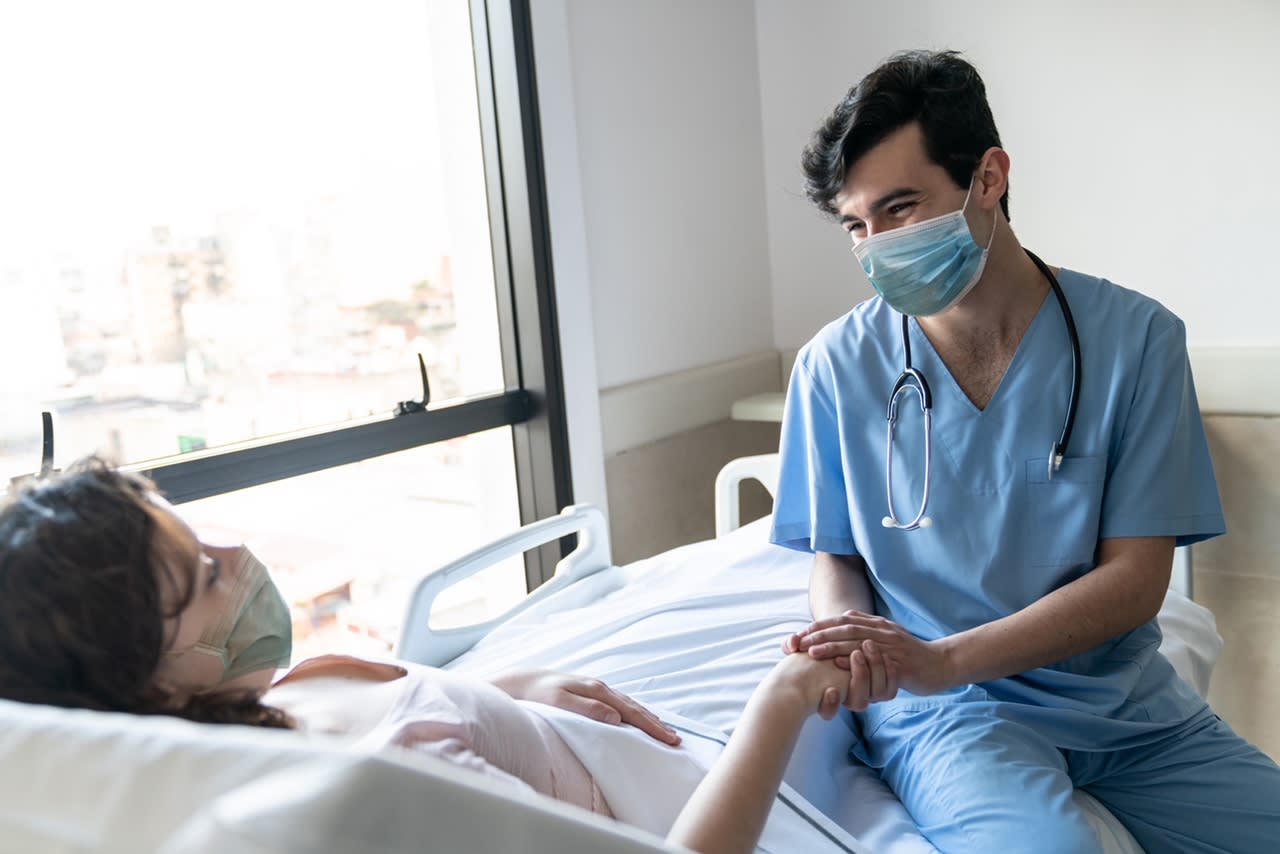
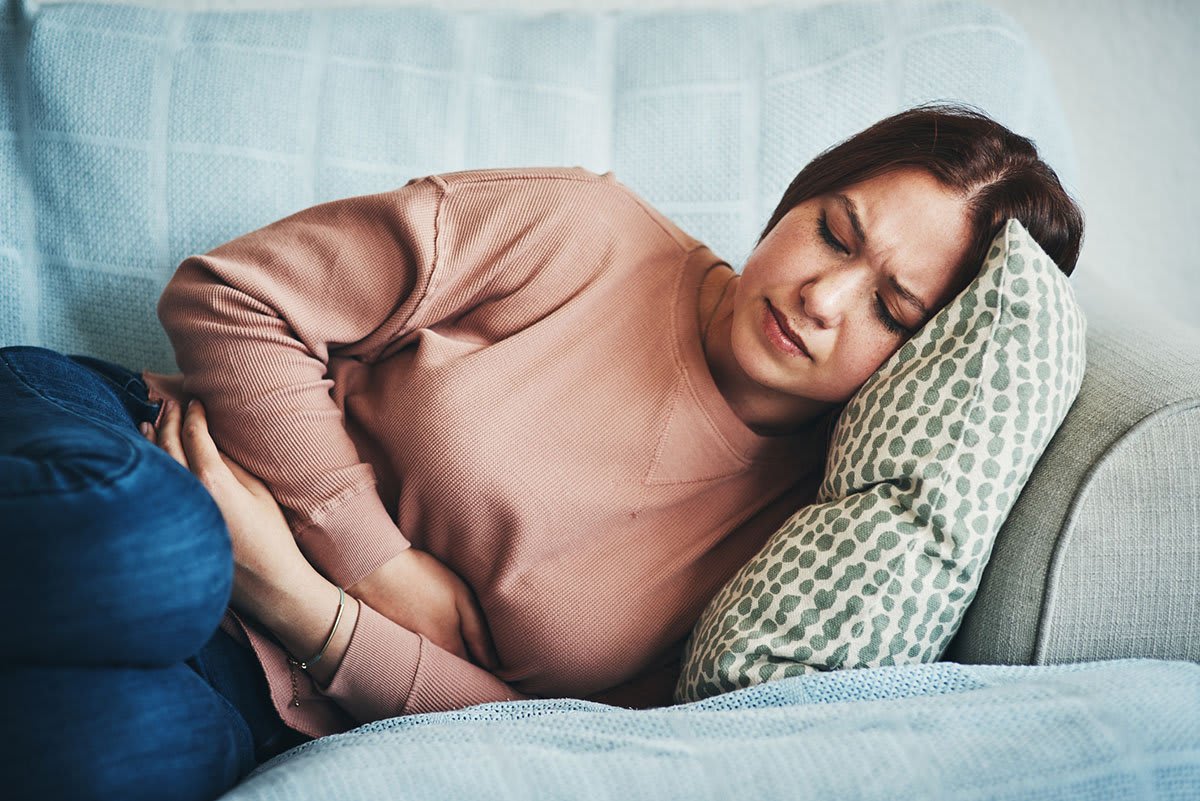
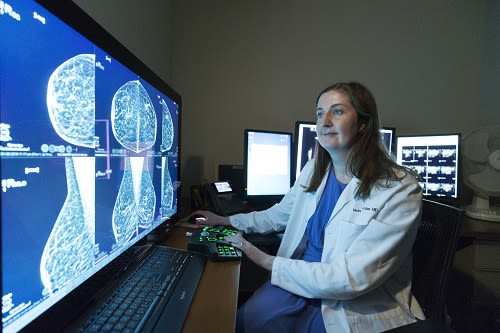
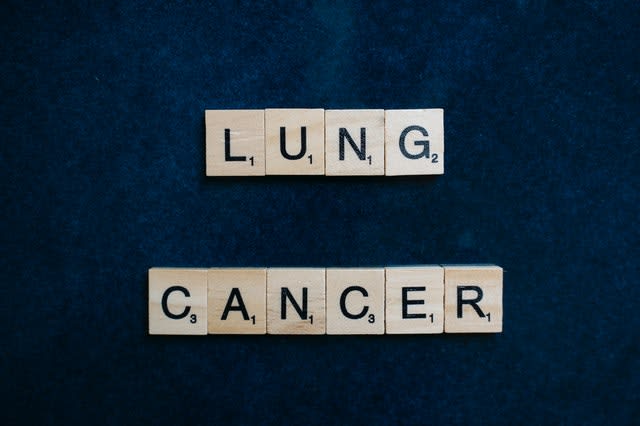

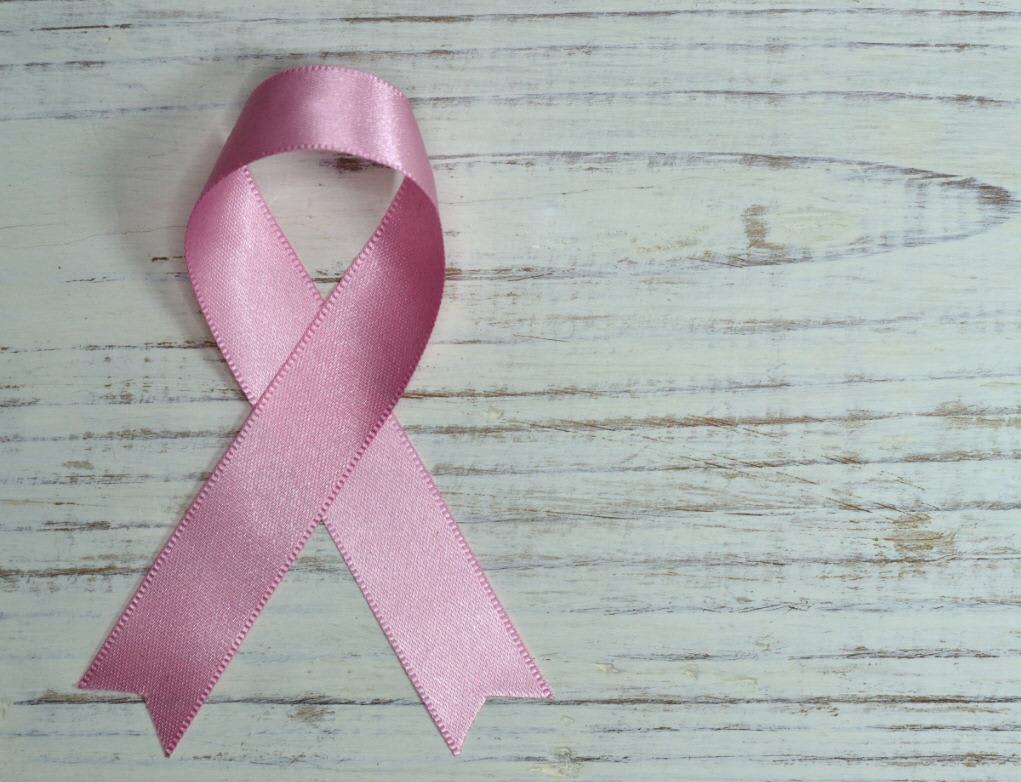
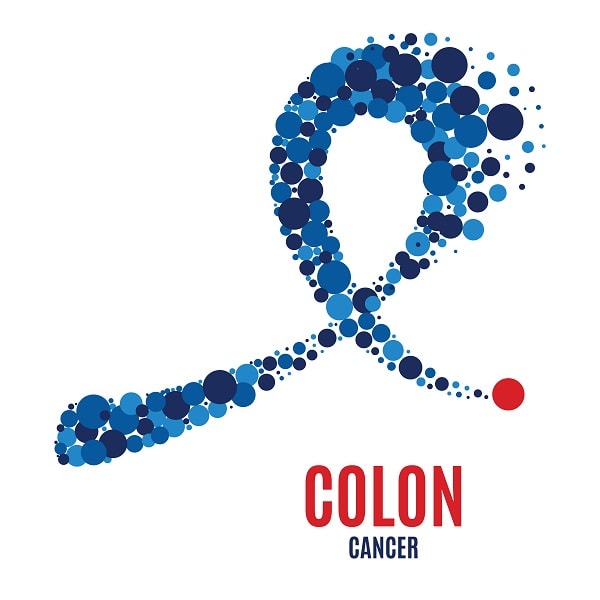
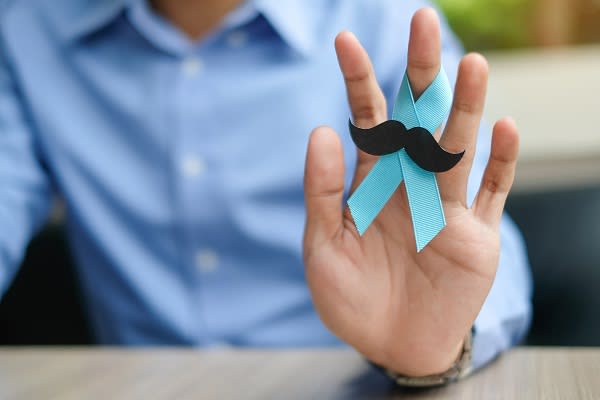
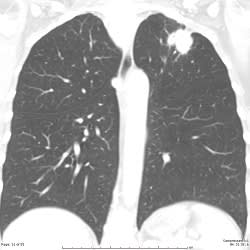




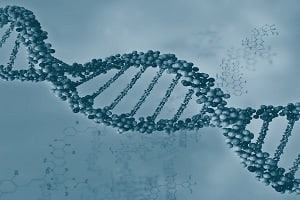
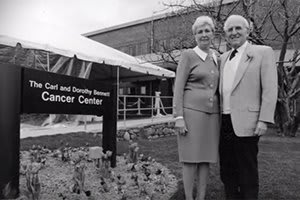
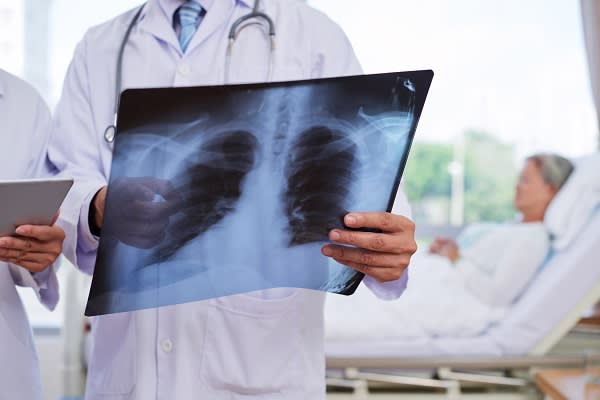
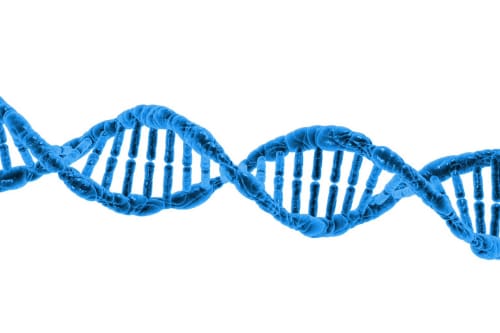

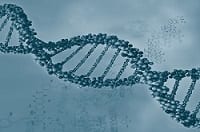
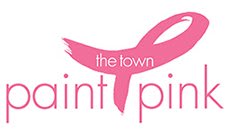

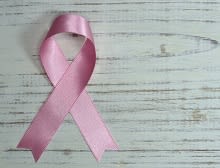
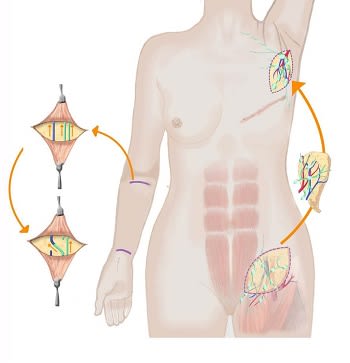



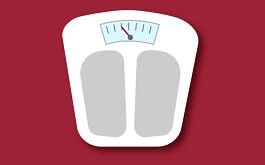
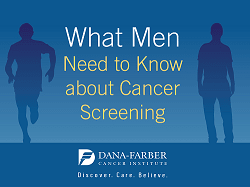
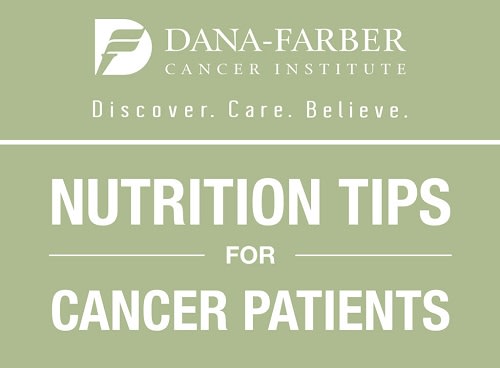






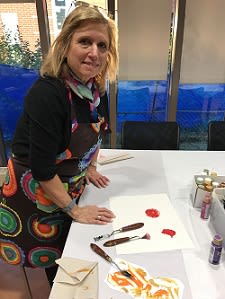




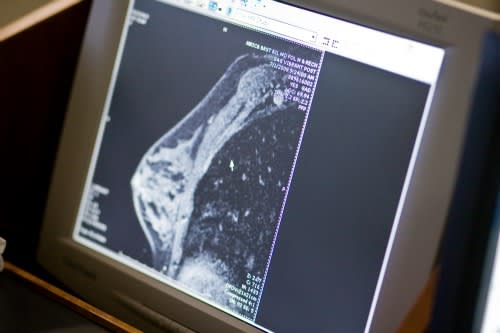
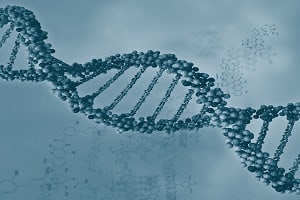
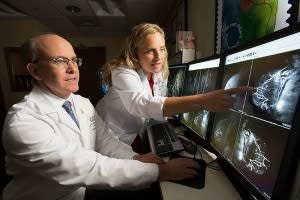


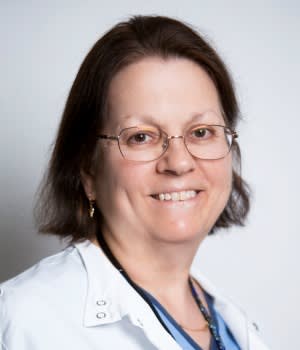

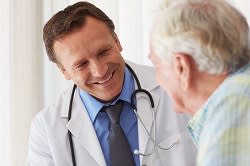

)


)
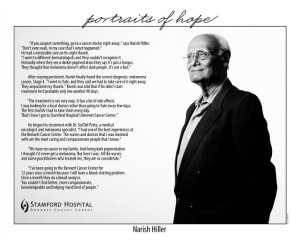
)
)
